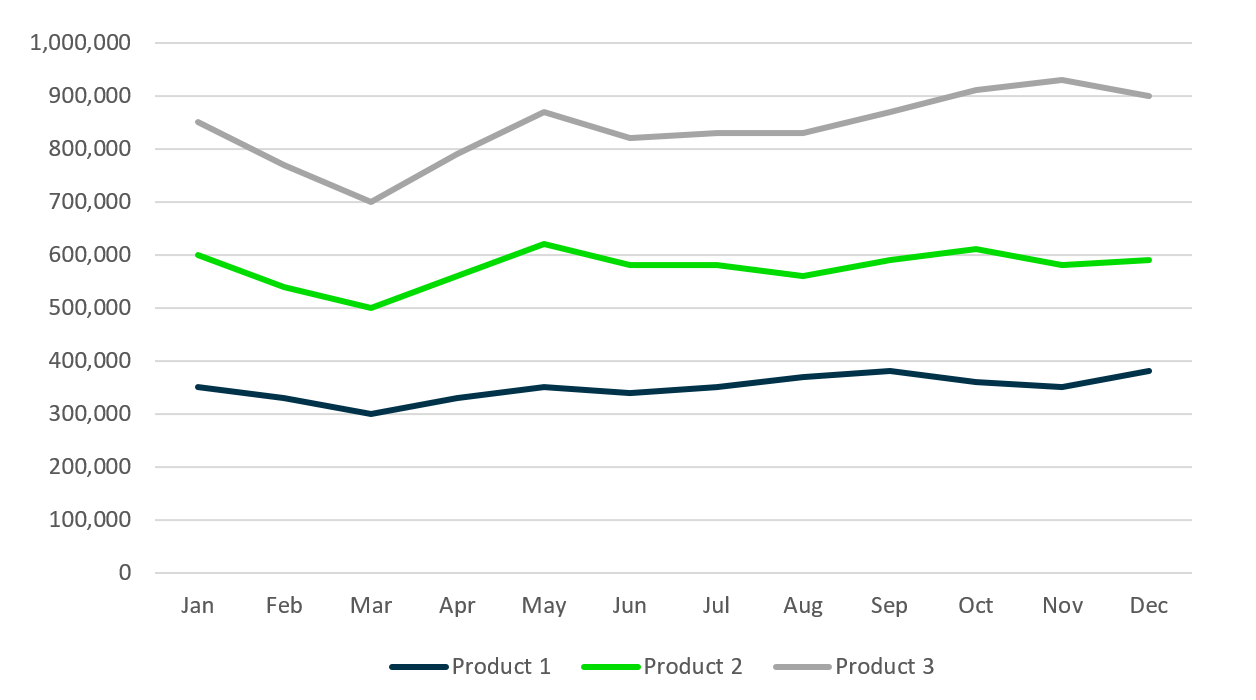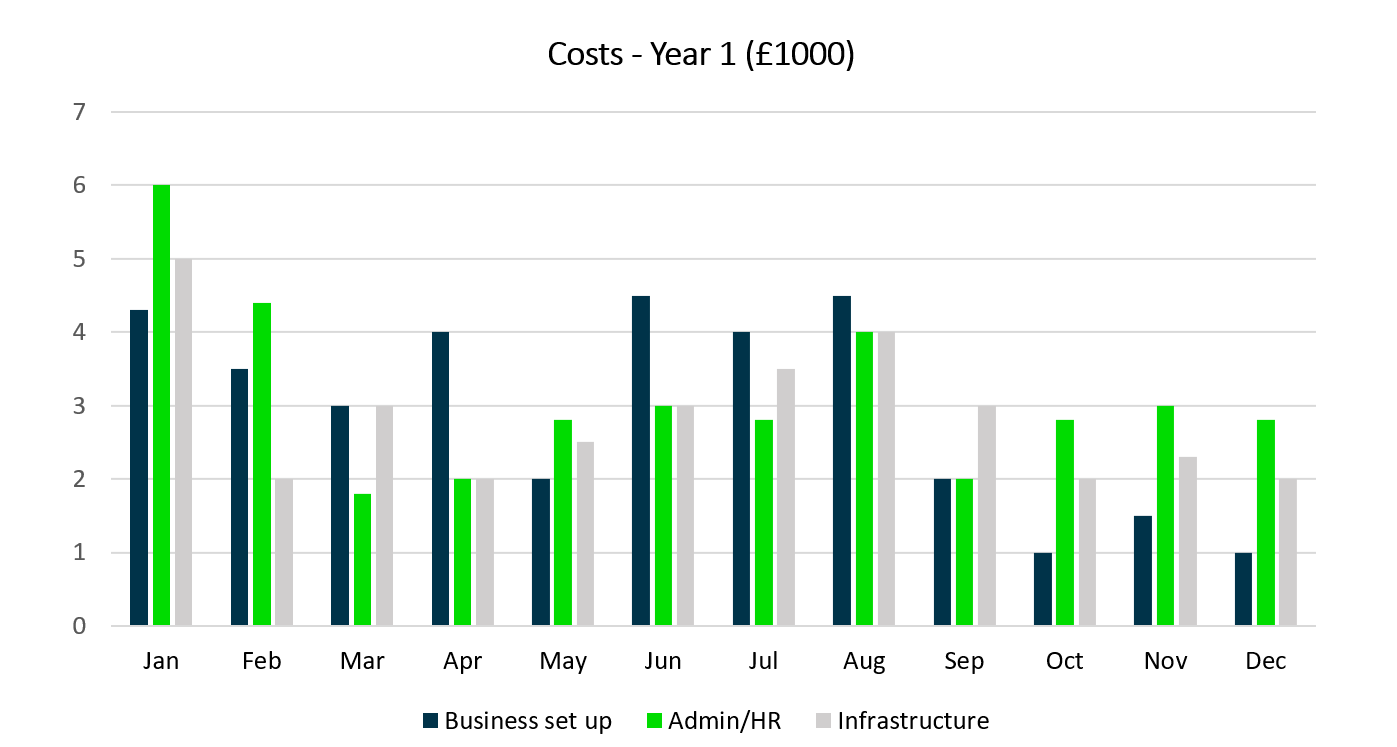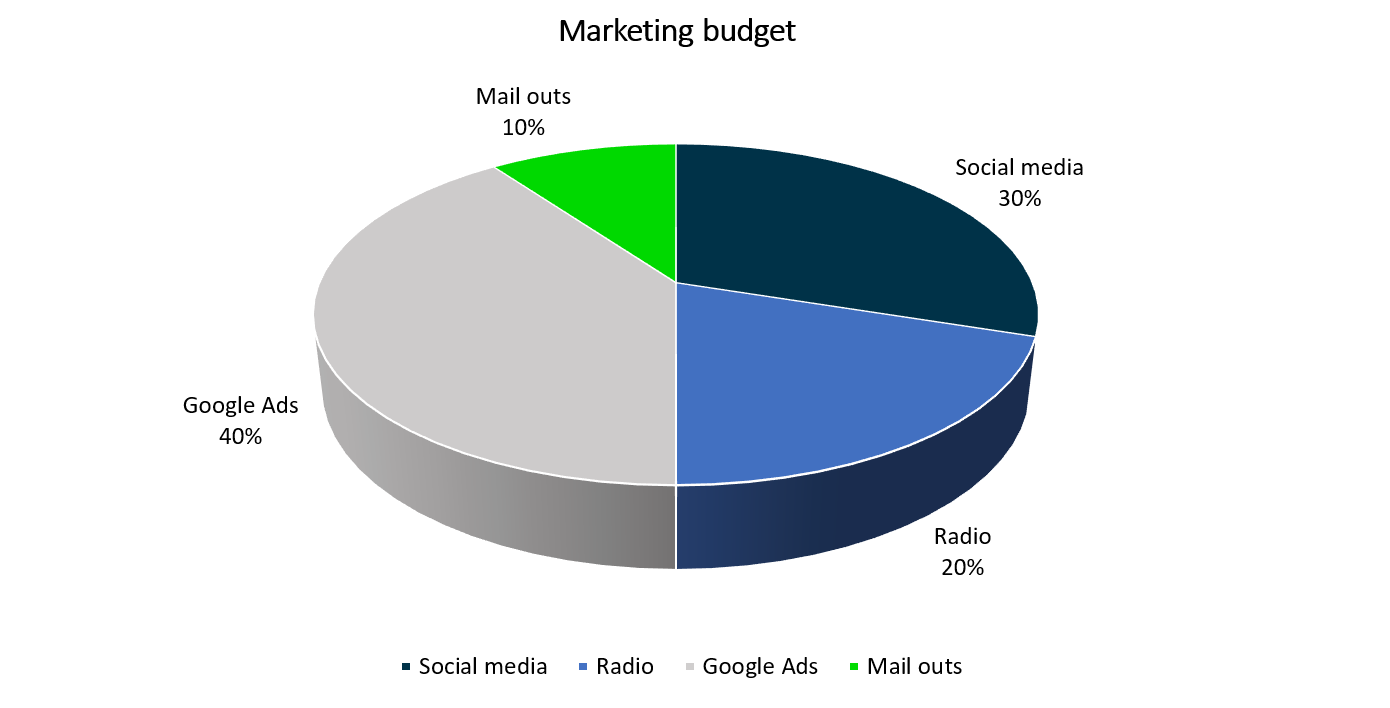
A business plan is essential for reaching financial success. Download our business plan template and use it to help you achieve your goals.

Whether you’re starting a business or planning to expand, having a business plan can help to get you on track and get some detail behind your ideas.
However, research from Barclays shows that one in four businesses don’t have a business plan.
There are a number of useful tools worth having at your disposal if you want your business to succeed. While one of those is accounting software, so you can keep track of your business admin (forecast your cash flow, manage your invoices, and more), another is a business plan.
So what are the advantages of business planning and how could it help your business to succeed? Read this article to find out more.
There are numerous reasons why you might want to start a business.
You might have a great idea. Perhaps you’ve always wanted to run your own company. Or maybe you’ve been made redundant – perhaps due to the coronavirus (COVID-19) outbreak – and you’re ready to take the leap to entrepreneurship.
But for your business to be a success, your passion, enthusiasm, hard work and skills should be built on a practical framework. And that’s the case whether it’s a new business or an existing one.
This is where your business plan comes in.
A key part of that practical framework, a business plan is a document that maps out the purpose of your company, what it does and its strategic goals, among other things.
Creating a business plan for your company will guide you in defining your unique selling proposition (USP), and give you clarity of the marketplace you wish to operate in and the competition your business will be up against.
You’ll use your business plan to work towards a series of milestones that will help you to grow your company.
But your business plan shouldn’t be a static document – you should update it regularly as your company evolves, so you can ensure things are moving in the right direction.
Jennifer O’Toole, Senior Partner at accountancy firm Thomas R Dixon, says: “A business plan is like a flight path. It lets you know where you want to go, what you want to achieve, what you have in order to achieve your goals and probably most importantly what problems you can expect along the way.
“Being able to identify potential threats, problem areas that could affect the business, and to be able to develop coping strategies in a proactive manner rather than in a reactive stance, is key to business survival.”
It’s also a great way to share information about your business, to develop your thinking and test scenarios before you make any changes (like leaving your job and going it alone), and it gives you a way to measure how things go when you do start up.
And if you’re looking for finance, then a business plan can make a difference.
Rebecca McNeil, MD for Business Lending and Enterprise at Barclays, says: “A strong plan can help applications for finance from a business loan to alternative forms of finance and investment.”

If it’s so helpful, why don’t more people choose to have one? Here are some of the common challenges:
Read more about business plans
Many people assume that a business plan will be a hefty document containing lots of facts and figures, but it doesn’t have to be. The key thing is to choose a format that will work for you and your business. That would be:

What should a business plan include? Every plan is likely to be different but there are some common pieces of information that are often included:
Some business plans will include other sections, like a SWOT analysis or a full marketing plan. You might find these useful for your business, so feel free to include them too if you wish.
Many business owners invest time in producing a business plan and then never look at it again.
While it’s valuable to get your ideas clarified and to test your thinking before you launch your business, it’s even better if it’s embedded into your day-to-day business too.
As O’Toole says: “Business planning is a continuous process – from the initial start up of any business to stage two of developing and growth of existing sales and developing new income streams.
“As established businesses mature and diversify, business planning continues to play a fundamental role in ensuring that the company’s long-term strategies are being met.”
Here are some ways your business plan can work for you:

Sometimes you’ll need additional information to pull together your plan. You could:
Editor’s note: This article was first published in October 2017 and has been updated for relevance.
Thinking of starting a business or looking for investment but need help putting a plan together? Get our free, easy-to-use business plan template.
40,303 readers have downloaded this guide
Join more than 500,000 UK readers and get the best business admin strategies and tactics, as well as actionable advice to help your company thrive, in your inbox every month.